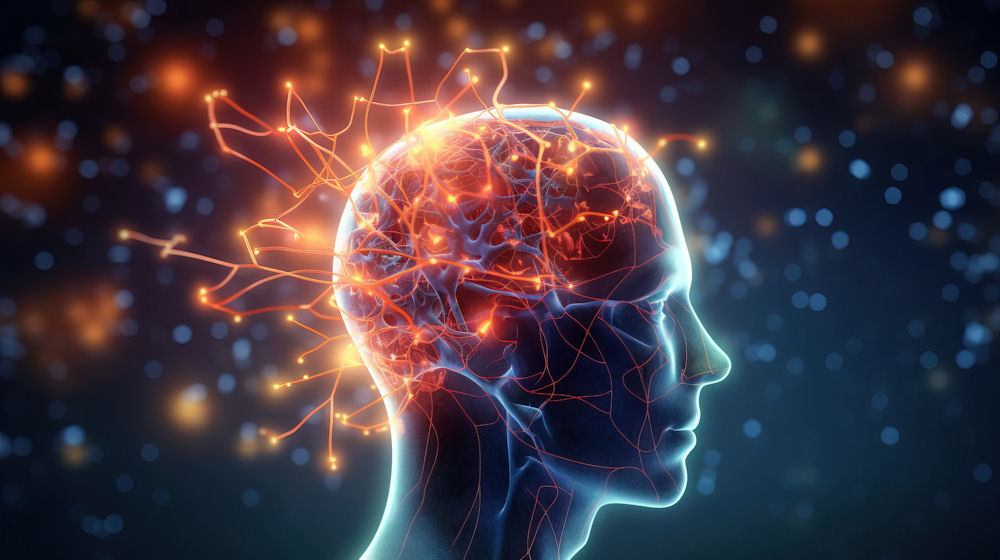Heroin Rehab Center in Orange County, California
Orange County’s approach to heroin addiction treatment is rooted in a blend of compassion and cutting-edge care. From our luxury detox services to long-term therapy and support groups, the county’s facilities are equipped to guide individuals through every step of their recovery journey. With personalized treatment plans and a supportive community network, Orange County offers a way out for anyone looking to rid their life of drug addiction and abuse.

How Does Heroin Work On The Brain?
Your brain’s reward system rewires itself, and this makes you seek more and more heroin to feel the same rush as the first high. Over time, this builds up tolerance and dependence, and without a serious intervention, it can lead to addiction. This means that obtaining and using heroin will become your primary focus, often at the expense of other activities and responsibilities.
Heroin also depresses the central nervous system (CNS), slowing down your breathing and heart rate, sometimes to dangerous levels – this is what can cause fatal overdoses. If you habitually use heroin, you will suffer alterations in the physical structure and physiology of your brain, creating long-term imbalances in neuronal and hormonal systems that are not easily reversed.
What Effects Does Heroin Have On Your Body?
- Short-term effects include:
- A surge of euphoria or “rush”
- Dry mouth
- Warm flushing of the skin
- Heavy feeling in the arms and legs
- Nausea and vomiting
- Severe itching
- Clouded mental functioning
- Going “on the nod,” a back-and-forth state of being conscious and semi-conscious
- Long-term effects can be more severe and include:
- Insomnia
- Collapsed veins caused by injecting the drug
- Damaged nasal tissue caused by excessive sniffing or snorting of the drug
- Infection of the heart lining and valves
- Abscesses (swollen tissue filled with pus)
- Constipation and stomach cramping
- Liver and kidney disease
- Lung complications, including pneumonia
- Mental disorders such as depression disorder and antisocial personality disorder
- Impotence for men; inconsistent menstrual cycles for women


What Are The Withdrawal Symptoms Of Heroin?
- Restlessness
- Severe muscle and bone pain
- Sleep problems
- Diarrhea and vomiting
- Cold flashes with goosebumps (“cold turkey”)
- Uncontrollable leg movements (“kicking the habit”)
- Severe heroin cravings
These above symptoms can begin a few hours after you last used the drug and typically peak within 1 to 3 days. However, some people may experience prolonged withdrawal symptoms for weeks, known as post-acute withdrawal syndrome (PAWS).
How Many People Are Addicted To Heroin In Orange County, California?
What Can You Expect At Our Heroin Rehab Center In Orange County, California?
- Medical Detoxification: The first step in heroin treatment is often detox, which is the process of clearing the body of drugs. This must be done under medical supervision to manage withdrawal symptoms safely.
- Medication-Assisted Treatment (MAT): Medications may be used to manage withdrawal symptoms and cravings, as well as to treat any co-occurring mental health disorders.
- Behavioral Therapies: Various forms of behavioral therapy, such as cognitive-behavioral therapy (CBT) and contingency management, are used to help change drug-use behaviors and effectively manage triggers and stress.
- Support Groups: Groups such as Narcotics Anonymous (NA) and various community support networks provide a space to connect with others who empathize with your experiences and recovery path.
- Aftercare Planning: We offer aftercare plans for preventing relapse, which involve ongoing therapy, support groups, and other recovery resources.

